

www.biorxiv.org/content/10.1...
More at Molecule of the Month: pdb101.rcsb.org/motm...

Bacteria exhibit astonishing genetic diversity, but where do new genes come from?
My best friend Arya Kaul (/labmate in the @baym lab) investigates how advantageous deletions can spawn new genes - "deletion-born fusions." 🧵:
Bacteria exhibit astonishing genetic diversity, but where do new genes come from?
My best friend Arya Kaul (/labmate in the @baym lab) investigates how advantageous deletions can spawn new genes - "deletion-born fusions." 🧵:
I am very excited to finally share what has been the main focus of my PhD for the past almost 3 years! It is about viral dark matter and a powerful tool we built to shed light on it. 🧬💡
Continue reading (🧵)

I am very excited to finally share what has been the main focus of my PhD for the past almost 3 years! It is about viral dark matter and a powerful tool we built to shed light on it. 🧬💡
Continue reading (🧵)
Eliminate your opponents of course.
Recently, my friend @fernpizza.bsky.social showed how plasmids compete intracellularly (check out his paper published in Science today!). With @baym.lol, we now know they can fight.
www.biorxiv.org/content/10.1...

www.biorxiv.org/content/10.1...
www.biorxiv.org/content/10.1...
Type VI retrons are unlike any other. Phage infection triggers reverse transcription of a DNA fragment that activates translation of a toxin to kill the infected cell.

Type VI retrons are unlike any other. Phage infection triggers reverse transcription of a DNA fragment that activates translation of a toxin to kill the infected cell.
Today, we report the discovery of telomerase homologs in a family of antiviral RTs, revealing an unexpected evolutionary origin in bacteria.
www.biorxiv.org/content/10.1...

Today, we report the discovery of telomerase homologs in a family of antiviral RTs, revealing an unexpected evolutionary origin in bacteria.
www.biorxiv.org/content/10.1...
www.mcb.harvard.edu/department/n... @rivaselenarivas.bsky.social @rachellegaudet.bsky.social @cryptogenomicon.bsky.social @dulaclab.bsky.social @neurovenki.bsky.social @naoshigeuchida.bsky.social
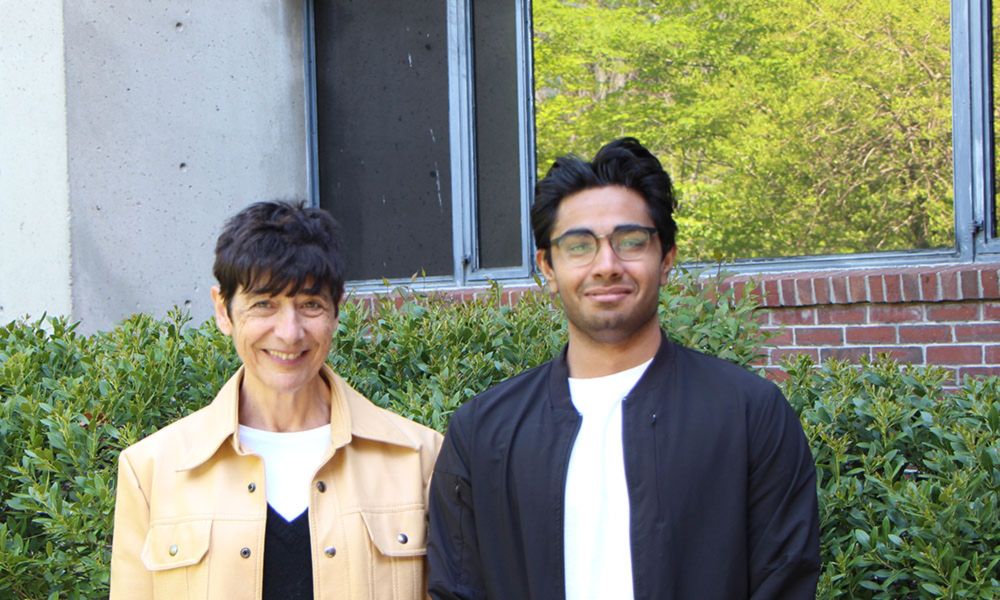
www.mcb.harvard.edu/department/n... @rivaselenarivas.bsky.social @rachellegaudet.bsky.social @cryptogenomicon.bsky.social @dulaclab.bsky.social @neurovenki.bsky.social @naoshigeuchida.bsky.social
www.science.org/doi/10.1126/...

www.science.org/doi/10.1126/...
Our paper looking at resistance genes from a century of NCTC historical isolates now out in mGen:
www.microbiologyresearch.org/content/jour...

Our paper looking at resistance genes from a century of NCTC historical isolates now out in mGen:
www.microbiologyresearch.org/content/jour...
Perfectly timed with our four summer undergrad's first successful phage hunt... disco lights in the lab to mark the occasion 🕺
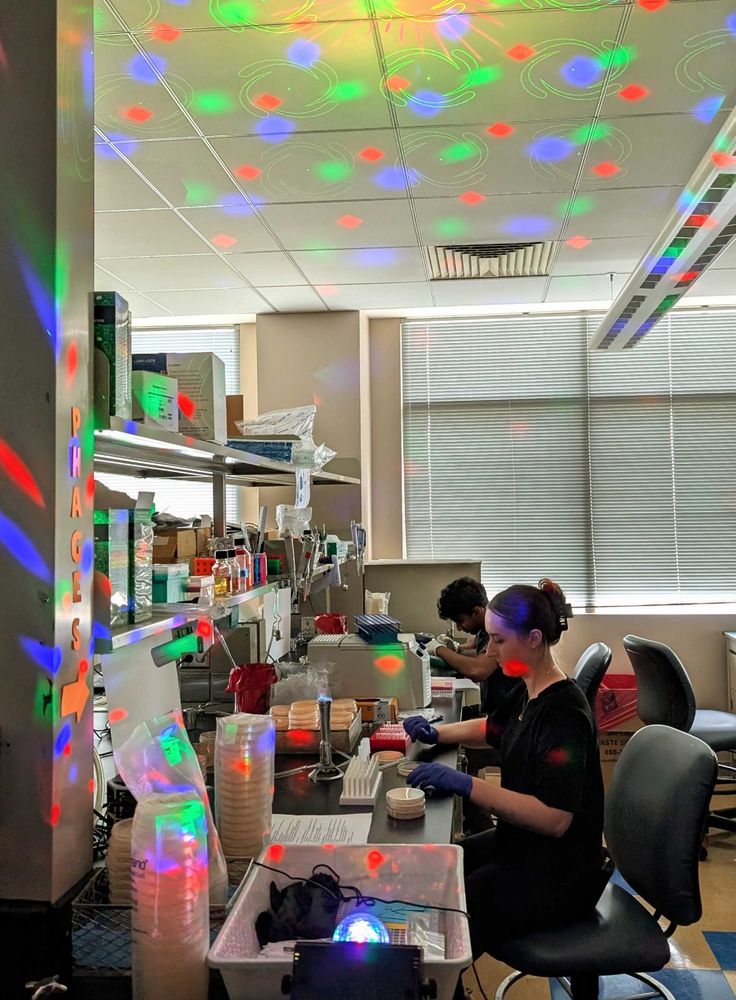
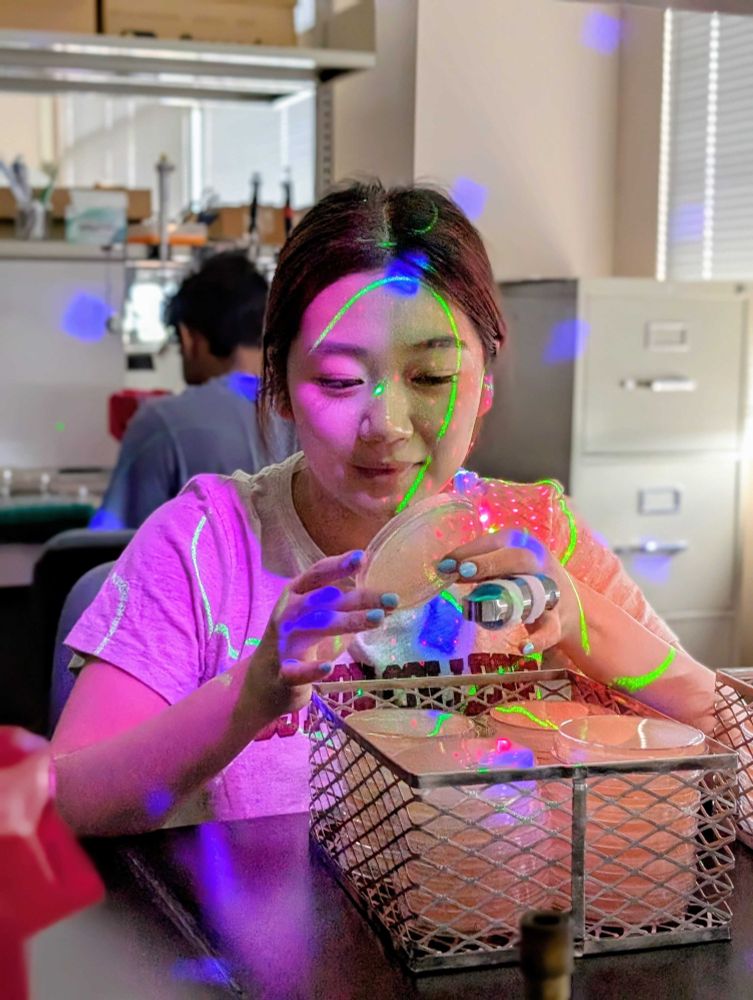
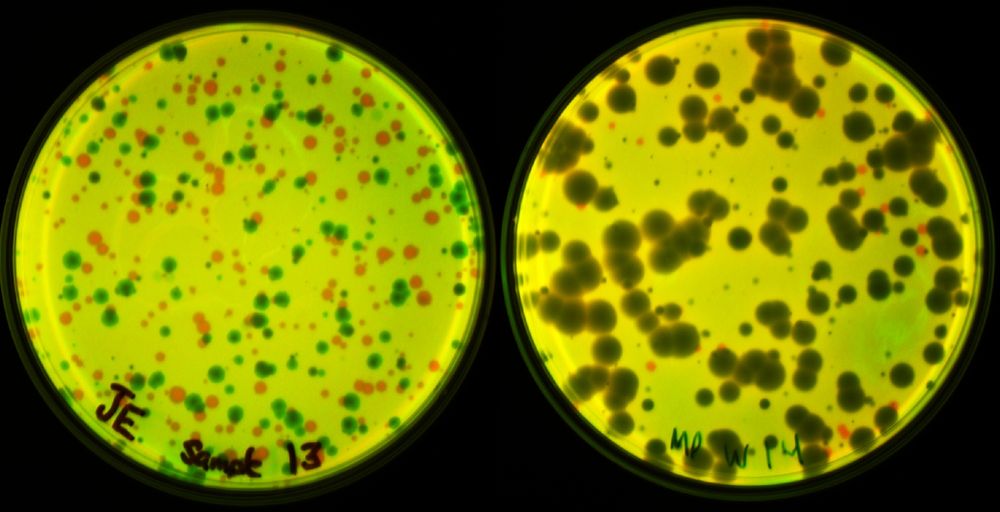
Perfectly timed with our four summer undergrad's first successful phage hunt... disco lights in the lab to mark the occasion 🕺
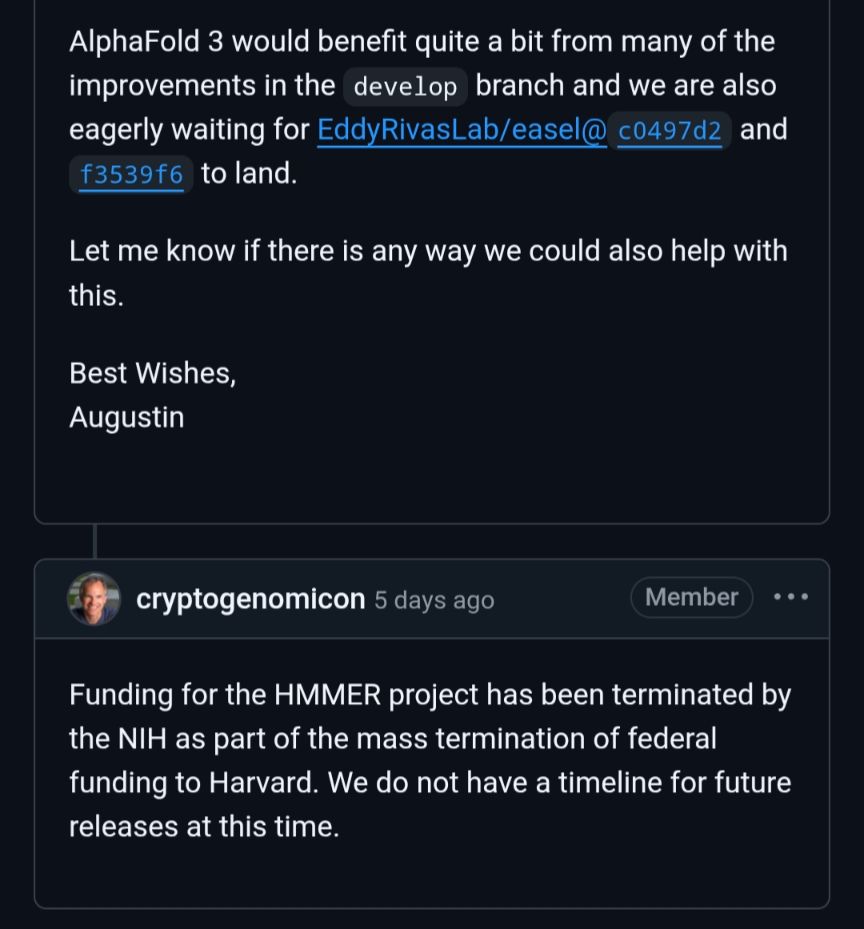
www.biorxiv.org/content/10.1...

www.biorxiv.org/content/10.1...
www.nature.com/articles/s41...

www.nature.com/articles/s41...
🧵🧪

🧵🧪
So thankful this story is finally breaking containment from my time in the Manguso Lab at the Broad. Using pieces from viruses and llamas we engineered selective cell specific viral like particles with reduced immunogenicity for in vivo gene delivery
So thankful this story is finally breaking containment from my time in the Manguso Lab at the Broad. Using pieces from viruses and llamas we engineered selective cell specific viral like particles with reduced immunogenicity for in vivo gene delivery
A webserver to generate RNA alignments with secondary structure assessment
www.biorxiv.org/content/10.1...

A webserver to generate RNA alignments with secondary structure assessment
www.biorxiv.org/content/10.1...
(1/n) www.biorxiv.org/content/earl...

(1/n) www.biorxiv.org/content/earl...

